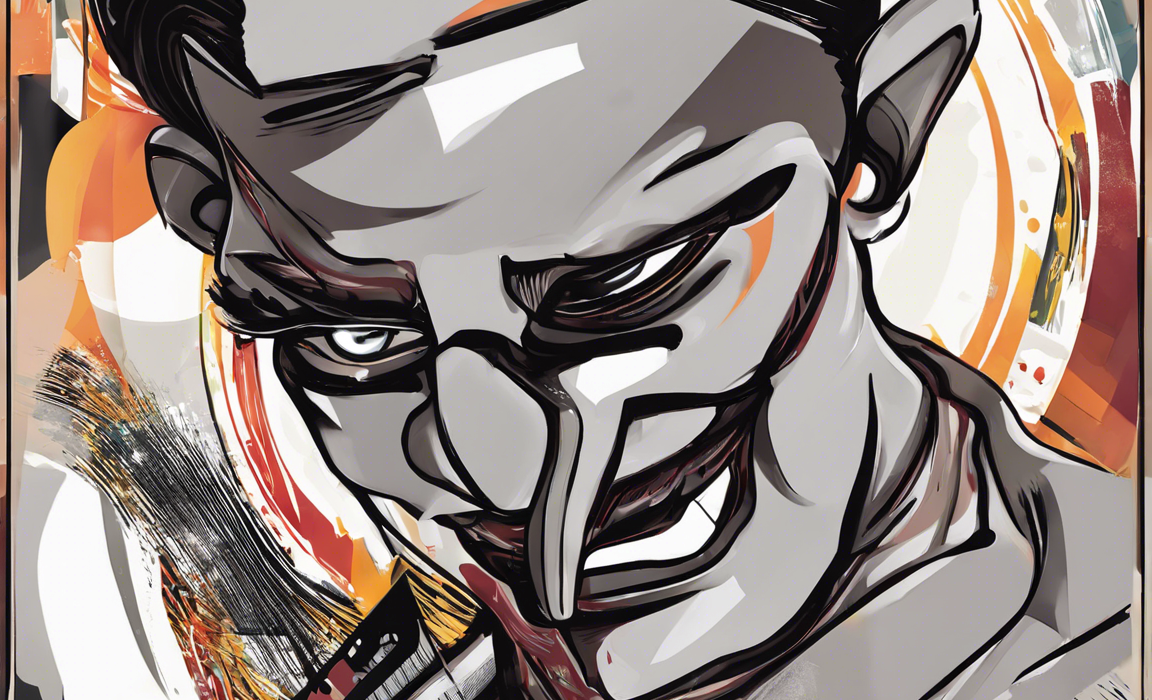Every year, Bhai Phota is celebrated with great fervor and enthusiasm by siblings in India, particularly in the states of West Bengal, Odisha, and Bihar. This traditional festival, also known as Bhai Dooj or Bhai Tika, falls on the second day after Diwali and holds deep cultural significance. It is a time when sisters perform a special ceremony to pray for the well-being and longevity of their brothers, and in return, brothers vow to protect their sisters and shower them with blessings and gifts. In this article, we will delve into the various traditions and customs associated with Bhai Phota, exploring its history, rituals, significance, and the modern ways in which it is celebrated.
History of Bhai Phota
Bhai Phota, rooted in Hindu mythology, has its origins in ancient scriptures and legends. One popular mythological tale associated with this festival is that of Lord Yama, the God of Death, and his sister Yamuna. According to the legend, when Lord Yama visited his sister Yamuna after a long time, she welcomed him with a ceremonial tilak, sweets, and prayers. Touched by her love and hospitality, Lord Yama granted her a boon that whoever receives a tilak and blessings from their sister on this day will be protected from untimely death. Since then, the tradition of Bhai Phota has been followed by brothers and sisters as a way to strengthen their bond and express their love and affection for each other.
Customs and Rituals
The celebration of Bhai Phota involves several customary rituals that are followed with great reverence and devotion. The day typically starts with the sister performing a puja for her brother, applying a tilak on his forehead, tying a sacred thread or rakhi on his wrist, and offering him sweets and gifts. The brother, in turn, presents his sister with a token of love and promises to protect her throughout his life. The exchange of gifts symbolizes the reaffirmation of the bond between siblings and the mutual respect and care they have for each other.
Significance of Bhai Phota
Bhai Phota holds immense significance in Indian culture as it showcases the beautiful relationship between siblings. It is a time when families come together to celebrate the bond of love and protection that exists between brothers and sisters. The festival not only strengthens the emotional and spiritual connection between siblings but also reinforces the values of loyalty, trust, and mutual respect. Bhai Phota is also a reminder of the importance of family ties and the need to nurture and cherish these relationships in a fast-paced world.
Modern Celebrations
While the essence of Bhai Phota remains unchanged, the way it is celebrated has evolved over the years. In today’s digital age, many siblings who are unable to meet in person on this day opt for virtual celebrations through video calls and online gifts. Social media platforms are flooded with heartwarming messages and photos of siblings exchanging wishes and expressing their love for each other. The traditional rituals of applying tilak, tying rakhis, and sharing sweets have transcended geographical boundaries, bringing families closer despite the distances that may separate them.
Importance of Sweets in Bhai Phota
Sweets play a pivotal role in the celebrations of Bhai Phota. From sandesh to rosogolla, an array of delectable sweets are prepared at home or bought from sweet shops to mark the festive occasion. The exchange of sweets symbolizes the sweetness of the sibling relationship and the desire for a harmonious and joyful bond. It is believed that sharing sweets on this day brings prosperity and happiness to the lives of siblings and strengthens the familial ties that bind them together.
FAQ
1. What is the difference between Bhai Phota and Raksha Bandhan?
– While both festivals celebrate the bond between siblings, Raksha Bandhan is primarily observed in Northern India, while Bhai Phota is popular in Eastern India, especially in West Bengal, Odisha, and Bihar. Raksha Bandhan involves the sister tying a rakhi on her brother’s wrist, while Bhai Phota includes the sister applying tilak on her brother’s forehead.
2. Can Bhai Phota be celebrated by cousins?
– Yes, Bhai Phota can be celebrated by cousins as well. The festival is not restricted to just brothers and sisters but can be observed by any two individuals who share a sibling-like bond and wish to express their love and affection for each other.
3. What are some traditional dishes prepared during Bhai Phota?
– Traditional dishes like luchi, alur tarkari, cholar dal, and sandesh are commonly prepared during Bhai Phota. These dishes are cooked with love and care and are served to siblings as a symbol of familial bonding and togetherness.
4. Is Bhai Phota only celebrated in India?
– While Bhai Phota is predominantly celebrated in India, particularly in the states of West Bengal, Odisha, and Bihar, Indian communities living abroad also observe this festival with great enthusiasm. The traditions and customs of Bhai Phota are carried forward by diaspora communities who cherish their cultural heritage.
5. How can individuals who are away from their siblings celebrate Bhai Phota?
– Individuals who are unable to celebrate Bhai Phota with their siblings in person can opt for virtual celebrations by sending gifts, setting up video calls, and exchanging heartfelt messages. Technology has made it easier to stay connected and share the joy of the festival despite physical distances.
In conclusion, Bhai Phota is not just a festival; it is a celebration of love, togetherness, and the timeless bond between siblings. As we embrace tradition and honor the values of family and kinship, Bhai Phota serves as a reminder of the importance of nurturing and preserving these precious relationships. This sacred festival continues to bring joy, happiness, and blessings to families across India and beyond, uniting them in the spirit of love and camaraderie.

